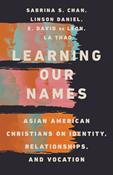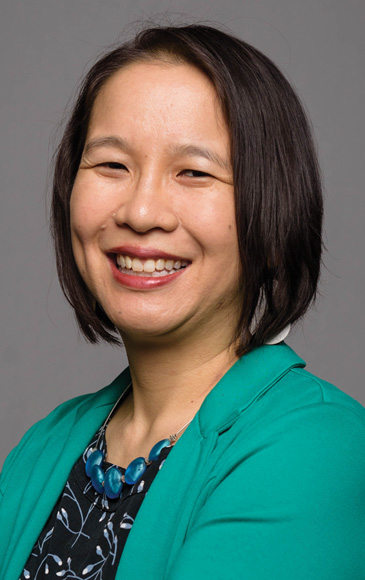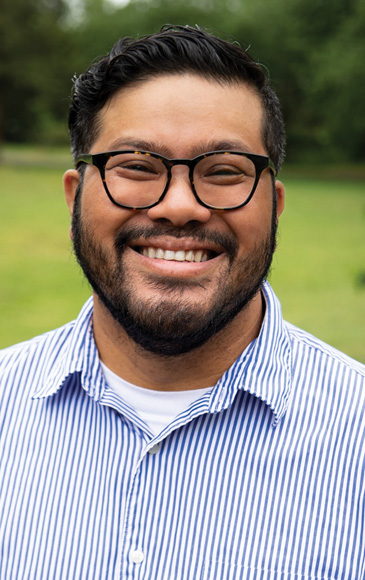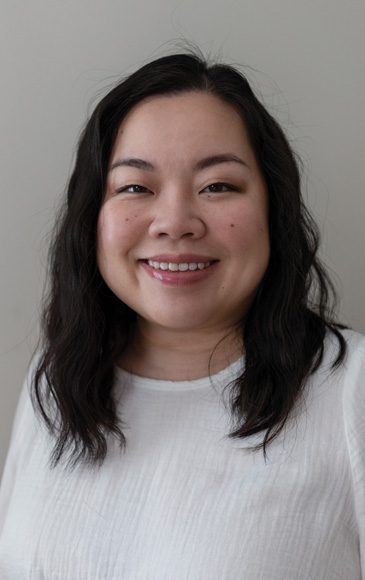A Conversation on Asian American Identity & Faith
Why did you decide to be a part of creating Learning Our Names?
Sabrina S. Chan: It had been nearly twenty years since Following Jesus Without Dishonoring Your Parents, and when I took the Asian American Ministries director role for InterVarsity in 2017, I felt like it was past time for a more ethnically diverse Asian American book for this generation. We convened the team in fall 2018 and have been working on it since then.
La Thao: Aside from Following Jesus Without Dishonoring Your Parents, there are few books that address Asian American identity and faith. We have always talked about writing another book for Asian Americans that would be more representative of Asian America. This book was an opportunity to take our experiences as ministry leaders and write a more nuanced book to a generation of Asian Americans who are learning how to faithfully follow Jesus in an ever-changing world.
E. David de Leon: I wanted to help give Asian American Christians better language and frameworks with which to approach conversations on race and culture, especially in the US context today. There are insights from my experience as a Pilipino American Christian that I felt were worthwhile to share with a broader community of Asian Americans. I also wanted to write the book that I felt would have been helpful for me as a younger adult—the book I wish I had.
Linson Daniel: I was shaped profoundly by IVP books while in college: especially books written for Asian American Christians. Following Jesus Without Dishonoring Your Parents and Invitation to Lead were insightful and critical for my spiritual, ethnic-identity, and leadership journeys. However, I felt as if I was only partially seen. I wished an Indian American had written books and talked more directly about our experience. Little did I know that I would get that opportunity.
What was your purpose in writing this book together?
Sabrina: We wanted to articulate the ways race, ethnicity, and culture intersect with our faith. Asian America is incredibly diverse. At the same time, there are some commonalities in that dominant culture, and discipleship resources don’t always speak to us, as we experience racialization (model minority and perpetual foreigner), navigate being children of immigrants and refugees, come from more communal cultures, etc. While we can’t address every aspect or situation that people might have questions about, we share from our combined seventy-plus years of campus ministry experience with Asian Americans.
A key need we had already discerned was that we needed to articulate what Asian American means and how culture and race are separate concepts. This was even more affirmed as anti-Asian racism increased in 2019 and 2020.
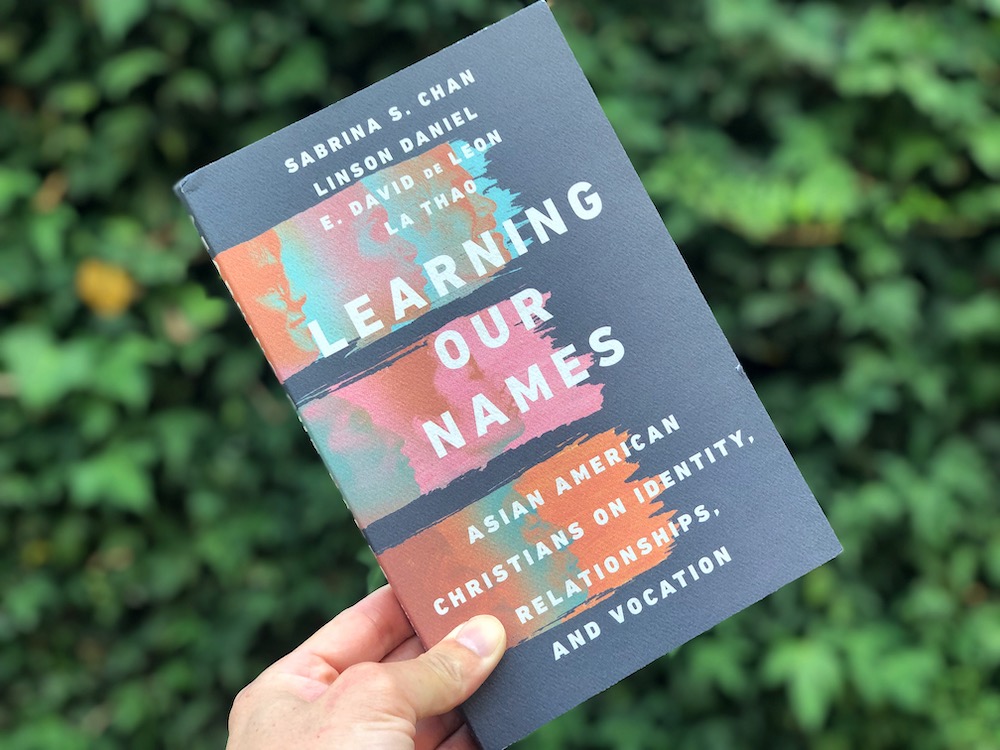
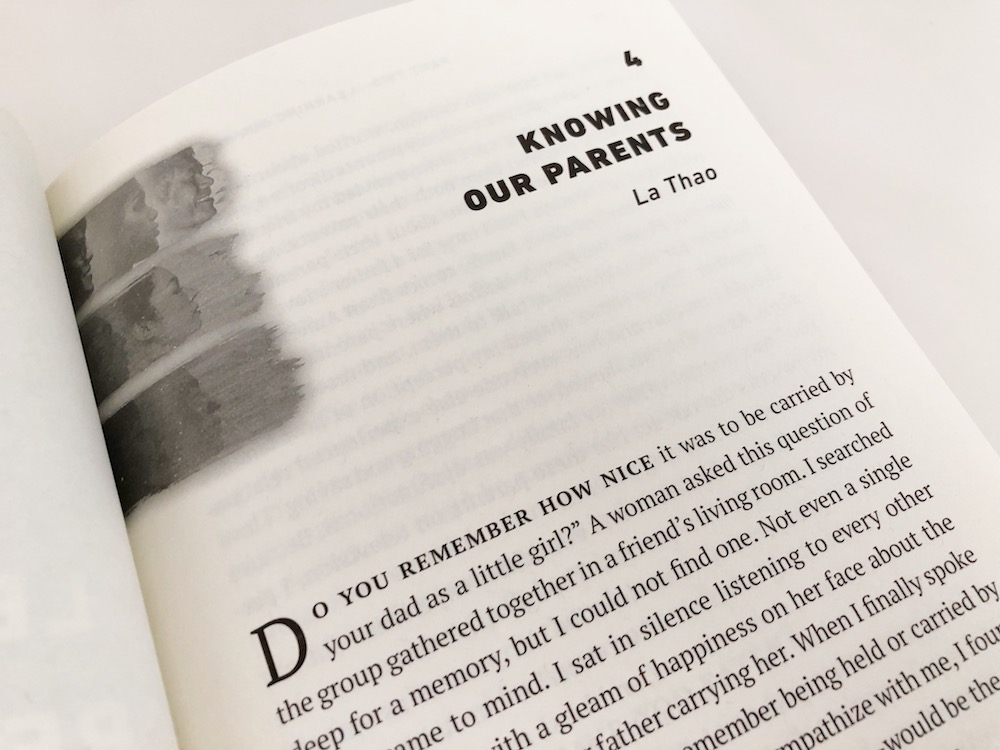
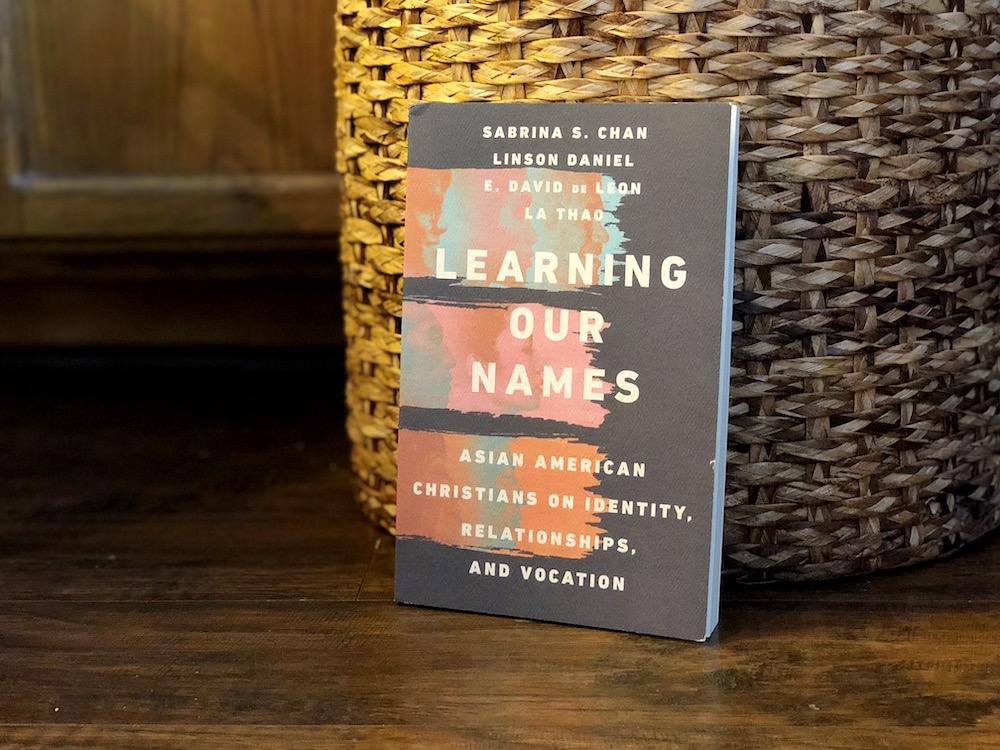
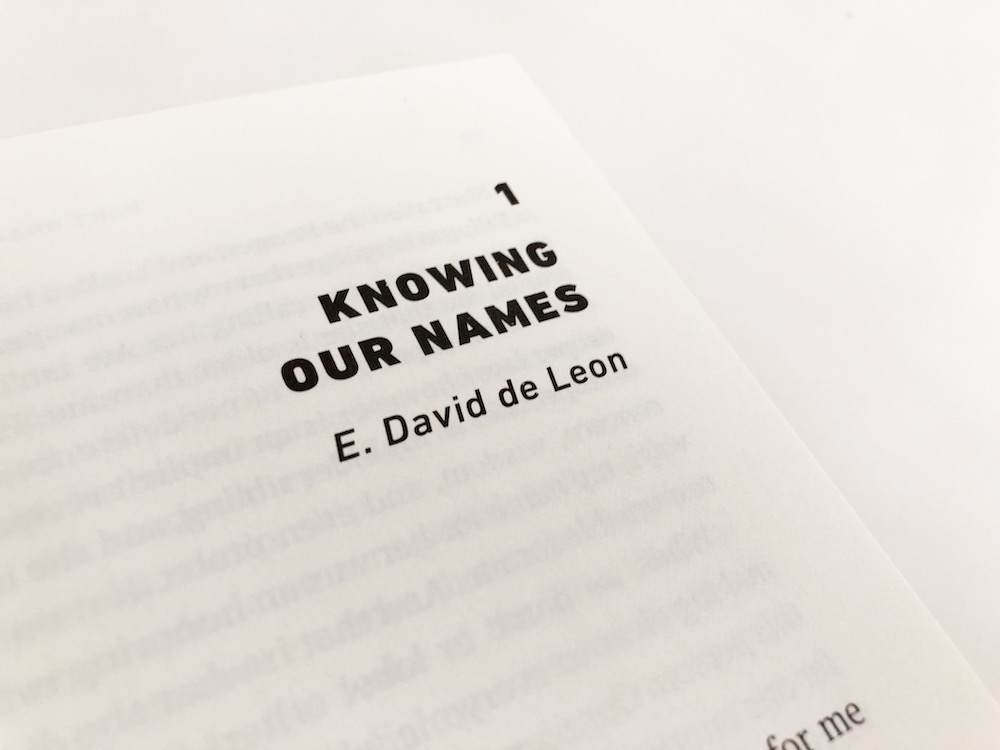
What do you see as the heart of Learning Our Names' message? What is unique about it?
Sabrina: Our central thesis is to offer discernment and stories for Asian Americans following Jesus (discipleship) in our current context. Our approach is distinctive in that we have diverse ethnic representation and are trying to hold both the racial coalition and the specific ethnicities and cultures of our backgrounds.
La Thao: This book addresses some of the key issues Asian Americans experience and how they might intersect with their faith and spiritual formation. Our approach is to honor these unique experiences and see them through the lens of the gospel and Scripture while encouraging our readers to bring their full selves in following Jesus.
David: A path of Christian faithfulness exists for Asian Americans in the fullness of their identities—a path that neither demands a complete abandonment of our stories and experiences and culture, nor demands an adherence to a certain sort of cultural authenticity. Asian American identity is expansive, inclusive, political, and above all, a necessary presence in the journey toward racial justice and belonging in this country.
Linson: Learning Our Names takes a fresh approach to defining what it means to be Asian American for the current college student. As the world changes, so do terms/names like Asian American, but more than that, our relationship to those names also changes and morphs with the times. Therefore, this book addresses key issues faced by this generation of diverse Asian American students and provokes the reader’s unique agency.
I am glad to see a diverse team addressing these issues together (Pilipino, Hmong, Taiwanese, and Indian). The intertwining of our stories is chaotic and beautiful. I hope the readers’ stories are brought together with ours to bring about a deeper, personal understanding of our collective Asian American charism and kairos.
What do you hope readers take away from Learning Our Names?
Sabrina:
- Race, ethnicity, and culture are separate things. As Asian Americans we are affected by all three, and our history as Asian Americans affects our current racialization and discipleship—how we engage dominant culture and other communities of color. We need Jesus’ healing and lordship (not false belonging).
- As communal peoples, our relationships matter! For our contexts, we are discerning how to live faithfully in our time and cultures as they relate to parents, to churches, across gender and religious backgrounds, etc. On gender—in our context, women and men can work together in partnership to see God’s mission grow.
- Mission—as Asian Americans we can see ourselves as leaders and the many aspects of vocation God invites us to. Our call is to both evangelism and justice, and to be empowered by God’s Spirit as we bring our five loaves and two fishes, trusting Jesus to provide for the many needs we see in the world.
Linson:
- I want them to feel seen by God fully as complex, nuanced Asian Americans.
- I hope that they wrestle boldly with the unique challenges, hurts, strengths, and opportunities of being Asian American Christians in a rapidly changing world.
- I desire that they embrace their unique identity and associated calling in this critical season of American and global church history. Their stories matter.
- I hope they see the value of the local church in their lives and how their presence affects the lives of other congregants.
- I want them to see, treasure, and leverage the myriad of nuanced relationships that are being formed around them every day; these relationships are our strength.
La Thao:
- Our personal and collective stories matter.
- God sees Asian Americans and knows their stories and experiences.
- Asian Americans are not defined by the labels given to them.
- Discerning how to be our true selves while following Jesus is part of faithful living.
- God is loving, kind, generous, merciful, and powerful in transforming and renewing us.
David:
- If you’ve never felt like you fit in as an Asian American (of any ethnicity), this story belongs to you too.
- You are not alone in the particularities of your journey and experience as an Asian American.
- Our identities are the stories that we lay claim to; these stories resonate with the stories of others and sometimes come into conflict with the stories of other communities.
- In laying claim to our stories, we are doing the work of undoing broken names and broken stories in a land where stories are thrust upon entire people groups.
- Living into our stories is a practice of Christian faithfulness as Asian Americans.



